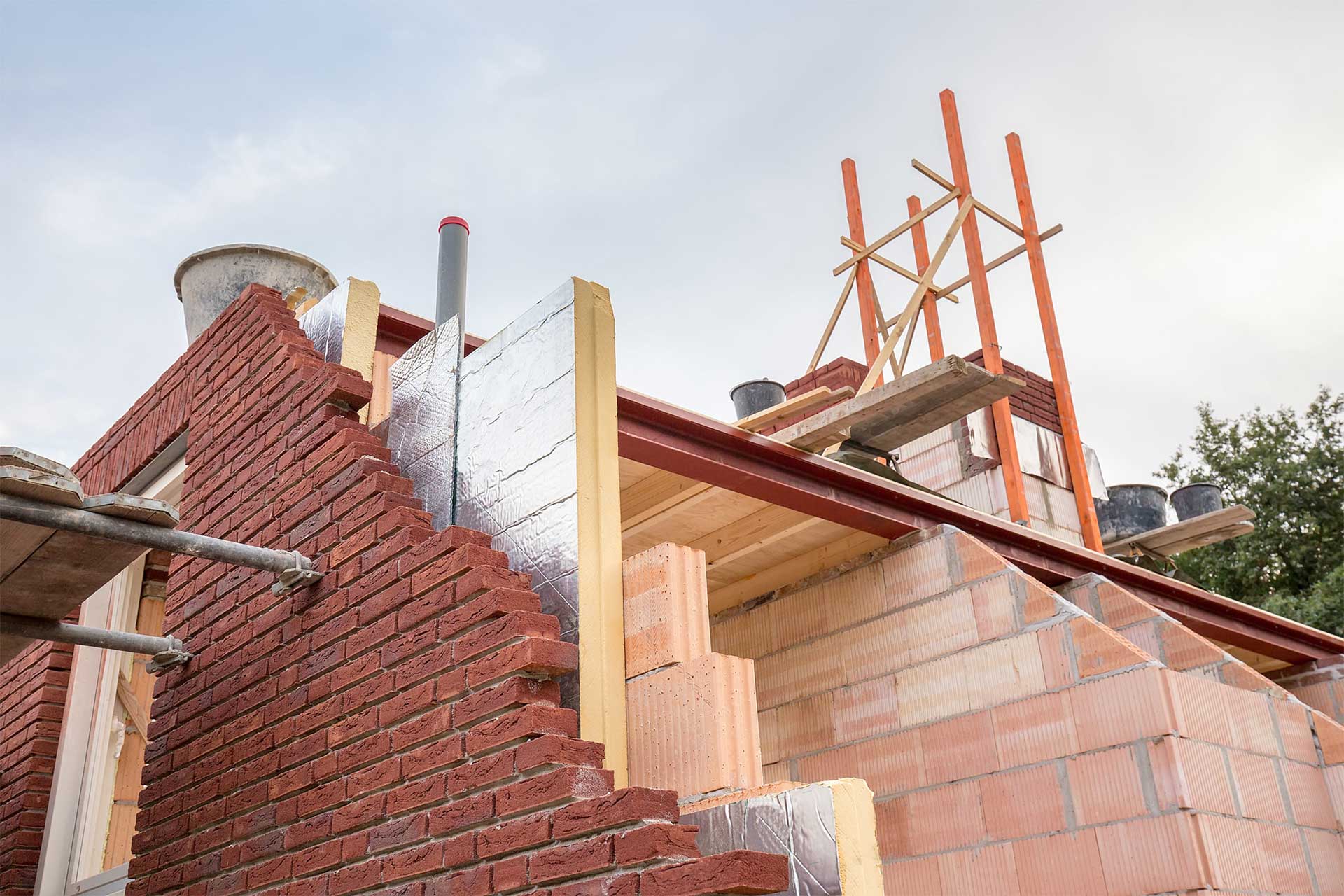

Articles
How Much Is Cavity Wall Insulation
Modified: January 19, 2024
Find articles on how much cavity wall insulation costs and learn about the benefits of insulating your walls to save energy and reduce heating bills.
(Many of the links in this article redirect to a specific reviewed product. Your purchase of these products through affiliate links helps to generate commission for Storables.com, at no extra cost. Learn more)
Introduction
When it comes to making your home more energy-efficient, one aspect that shouldn’t be overlooked is cavity wall insulation. Insulating the walls of your property can significantly reduce heat loss, improve energy efficiency, and ultimately save you money on your energy bills.
But how much does cavity wall insulation cost? This question is often on the minds of homeowners who are considering investing in this energy-saving measure. In this article, we will explore the factors that can affect the cost of cavity wall insulation, discuss the average cost range, and highlight additional costs to consider. Whether you’re thinking of hiring a professional or considering a DIY approach, we will provide you with all the information you need to make an informed decision.
Cavity wall insulation involves filling the gap between the inner and outer walls of a property with insulating material. The purpose of this insulation is to prevent heat from escaping through the walls during the colder months and to keep cool air inside during the summer. This can help to maintain a comfortable indoor temperature all year round, reduce the need for heating and cooling, and ultimately lower your energy consumption.
Not only does cavity wall insulation help to keep your home at a comfortable temperature, but it also offers a range of other benefits. One of the primary advantages of cavity wall insulation is its ability to reduce energy consumption and lower your carbon footprint. By improving the energy efficiency of your home, you’re not only saving money on your utility bills but also contributing to a greener and more sustainable future.
Furthermore, cavity wall insulation can also enhance the acoustics of your property by reducing external noise transmission. This means that you can enjoy a quieter and more peaceful living environment, free from the disturbances of traffic noise or noisy neighbors.
Now that we’ve covered the basics of cavity wall insulation and its benefits, let’s dive deeper into the factors that can affect the cost of this home improvement project.
Key Takeaways:
- Cavity wall insulation offers a wide range of benefits, including reduced energy consumption, improved comfort, and noise reduction. It’s a valuable investment with potential long-term savings and environmental impact.
- Consider government grants and financial assistance programs to offset the cost of cavity wall insulation. Hiring a professional ensures high-quality installation, while DIY requires careful evaluation of skills and safety precautions.
Read more: What Is Cavity Wall Insulation
What is Cavity Wall Insulation?
Cavity wall insulation is a method of insulating the walls of a property by filling the empty space between the inner and outer walls with an insulating material. This insulation material acts as a barrier, preventing the transfer of heat through the walls and reducing heat loss from the property.
The majority of homes built in the last few decades have cavities built into the walls. These cavities are gaps between the inner and outer layers of brick or blockwork. Initially, these cavities were left empty as a way to prevent moisture from penetrating the walls. However, they can also be filled with insulation material to improve energy efficiency.
The insulation material used in cavity wall insulation is typically made of foam, mineral wool, or polystyrene beads. These materials have excellent insulating properties and are capable of reducing heat loss by up to 35%. The insulation is typically installed by drilling small holes in the outer walls of the property and injecting the insulation material into the cavity using specialized equipment.
Cavity wall insulation is most commonly recommended for properties with walls that have a cavity width of at least 50mm. However, it’s important to note that not all properties are suitable for cavity wall insulation. For example, properties with solid walls or walls with irregular cavities may require alternative insulation methods.
It’s also worth mentioning that cavity wall insulation can have a significant impact on the overall energy efficiency of a property. By reducing heat loss through the walls, the property can retain heat for longer periods, resulting in lower energy consumption and reduced heating bills. Additionally, cavity wall insulation can help to create a more comfortable living environment by maintaining a consistent indoor temperature, reducing drafts, and preventing cold spots.
Now that we have a better understanding of what cavity wall insulation is and how it works, let’s explore the various benefits it can offer to homeowners.
Benefits of Cavity Wall Insulation
Cavity wall insulation offers numerous benefits to homeowners, making it a smart investment for those looking to improve the energy efficiency and comfort of their homes. Here are some key advantages of cavity wall insulation:
- Reduced energy consumption: One of the primary benefits of cavity wall insulation is its ability to significantly reduce heat loss through the walls. By creating a barrier against thermal transfer, the insulation material helps keep the warm air inside during the colder months and prevents cold air infiltration during the summer. This means that you’ll rely less on artificial heating and cooling systems, resulting in lower energy consumption and reduced utility bills.
- Improved energy efficiency: By reducing heat loss, cavity wall insulation improves the overall energy efficiency of your home. It can help to create a more sustainable and eco-friendly living environment by minimizing your carbon footprint. This not only benefits the environment but also contributes to a greener and more sustainable future.
- Enhanced comfort: Cavity wall insulation helps to maintain a more stable and comfortable indoor temperature throughout the year. It eliminates cold spots, drafts, and temperature fluctuations, ensuring a pleasant living environment. No more chilly rooms or cranking up the heating to compensate for heat loss through uninsulated walls.
- Reduced condensation and dampness: Cavity wall insulation can help prevent condensation and dampness issues in your home. By filling the cavities, it acts as a barrier against moisture penetration, reducing the risk of mold growth and damp-related problems. This can lead to improved indoor air quality and a healthier living environment.
- Noise reduction: Cavity wall insulation can also help to reduce external noise transmission into your home. The insulation material absorbs sound waves, acting as a natural sound barrier. This can be particularly beneficial if you live in a noisy neighborhood or near a busy road, providing a quieter and more peaceful living space.
- Increased property value: Investing in cavity wall insulation can increase the value of your property. As energy efficiency becomes an increasingly important factor for homebuyers, having effective insulation in place can make your home more attractive and desirable. It demonstrates that you have taken steps to reduce energy costs and create a comfortable living environment.
Overall, cavity wall insulation offers a wide range of benefits, from energy savings and improved comfort to reduced dampness and noise reduction. It is a worthwhile investment that can pay off in both the short and long term.
Factors Affecting the Cost of Cavity Wall Insulation
The cost of cavity wall insulation can vary depending on several factors. Understanding these factors can help you estimate the potential cost of this home improvement project. Here are some key factors affecting the cost of cavity wall insulation:
- Property size: The size of your property is a crucial factor that affects the cost of cavity wall insulation. Larger properties require more insulation material and labor, which can result in higher costs compared to smaller properties.
- Cavity width: The width of the cavity in your walls can also impact the cost. Properties with wider cavities typically require more insulation material, leading to a higher overall cost. It’s important to note that some properties may have irregular cavities, which can complicate the installation process and may require alternative insulation methods.
- Accessibility: The accessibility of your walls can influence the cost of cavity wall insulation. If your walls are easily accessible without any obstructions, the installation process can be relatively straightforward. However, if your walls have limited access due to architectural features or external obstructions, additional time and effort may be required, thus increasing the cost.
- Insulation material: The type of insulation material you choose can also affect the cost. Different materials have varying costs, and some may offer better thermal performance or additional benefits at a higher price. It’s essential to consider the long-term benefits and cost-effectiveness of different insulation materials before making a decision.
- Professional installation: Hiring a professional to install cavity wall insulation is generally recommended for optimal results. The cost of professional installation can vary depending on factors such as location, labor rates, and the specific requirements of your property. It’s important to obtain multiple quotes from reputable insulation contractors to ensure you are getting a fair price.
- Additional preparatory work: In some cases, additional preparatory work may be required before installing cavity wall insulation. This can include cleaning the cavities, fixing any existing issues with dampness or structural integrity, or treating the walls with a damp-proof course. These additional tasks can add to the overall cost of the project.
- Regional variations: The cost of cavity wall insulation can also vary based on geographic location. Factors such as cost of living, availability of insulation materials, and local labor rates can contribute to regional cost differences.
It’s important to consider these factors when estimating the cost of cavity wall insulation. Obtaining multiple quotes from reputable insulation contractors and discussing the specific requirements of your property can help you make an informed decision and ensure you get the best value for your investment.
Average Cost of Cavity Wall Insulation
The cost of cavity wall insulation can vary depending on several factors, such as the size of the property, cavity width, insulation material, and the cost of labor in your region. It’s important to obtain quotes from reputable insulation contractors to get a more accurate estimate for your specific circumstances. However, we can provide you with a general idea of the average cost range for cavity wall insulation.
On average, cavity wall insulation can cost anywhere between $500 to $3,000 for a typical residential property. This cost usually includes the materials, labor, and any additional preparatory work that may be required. However, it’s important to note that these figures are approximate and can vary based on the factors mentioned earlier.
The cost per square foot for cavity wall insulation can range from $1 to $7, depending on the insulation material, thickness, and other factors. It’s worth noting that investing in higher-quality insulation materials may result in a higher upfront cost but can provide better thermal performance and long-term savings on energy bills.
While these figures give you a rough estimate, it’s crucial to request quotes from qualified insulation contractors who can assess your property and provide a more accurate cost assessment. Obtaining multiple quotes can help you compare prices and choose the best contractor that meets your budget and requirements.
Additionally, it’s important to consider the potential savings and return on investment that cavity wall insulation can provide. By reducing heat loss and improving energy efficiency, you can expect to see a significant reduction in your heating and cooling bills over time. The exact savings can vary depending on factors such as property size, insulation performance, and energy costs in your area. On average, homeowners can expect to save anywhere between 10% to 30% on their energy bills after installing cavity wall insulation.
Furthermore, it’s worth exploring any government grants or financial assistance programs available in your region. Some governments provide incentives or subsidies to promote energy efficiency measures, including cavity wall insulation. These programs can help offset the cost of installation and provide additional savings.
Remember, obtaining accurate quotes and considering the long-term savings and benefits of cavity wall insulation can help you make an informed decision and determine the best approach for your home and budget.
Additional Costs to Consider
When planning for cavity wall insulation, it’s important to consider potential additional costs beyond the initial installation. These costs can vary depending on the specific requirements of your property and the insulation contractor you choose. Here are some additional costs to consider:
- Pre-installation survey: Some insulation contractors may charge a fee for conducting a survey of your property to assess its suitability for cavity wall insulation. This survey helps identify any potential issues or requirements that may affect the installation process.
- Preparatory work: In some cases, additional preparatory work may be necessary before installing cavity wall insulation. This can include cleaning the cavities, fixing any existing issues with dampness, or treating the walls with a damp-proof course. These tasks can incur additional costs, so it’s important to address any underlying issues before installing insulation.
- Access equipment: If your property has limited accessibility or requires special access equipment, such as scaffolding or cherry pickers, additional costs may be incurred. These costs are highly dependent on the size and complexity of your property.
- Removal of existing insulation: If you have existing cavity wall insulation that needs to be removed before installing new insulation, there may be additional costs involved. This is typically the case if the existing insulation is damaged, outdated, or causing issues such as dampness or mold growth.
- Patchwork and redecoration: Depending on the installation method and the location of the drilled holes for insulation, patchwork and redecoration may be required afterward. This can include filling and painting over the holes, matching the wall texture, or repairing any damage caused during the installation process.
- Extended warranties: Some insulation contractors may offer extended warranties on the installed cavity wall insulation for an additional cost. These warranties can provide peace of mind and protection against any potential issues with the insulation in the future.
- Regular maintenance: While cavity wall insulation typically requires minimal maintenance, it’s worth considering any future maintenance costs. This can include cleaning the exterior walls, inspecting the insulation for damage or settling, or conducting periodic checks on the overall performance of the insulation.
When budgeting for cavity wall insulation, it’s essential to discuss these potential additional costs with your insulation contractor during the quotation process. This will ensure that you have a comprehensive understanding of the total costs involved and can plan accordingly. Remember to weigh these additional costs against the long-term benefits and potential energy savings that cavity wall insulation can provide.
When considering cavity wall insulation, it’s important to get multiple quotes from reputable contractors to ensure you’re getting a fair price. Additionally, check for any available government grants or incentives that could help offset the cost.
Savings and Return on Investment
Investing in cavity wall insulation can provide significant savings and a strong return on investment over time. While the upfront cost may seem like a substantial investment, the long-term benefits and energy savings can make it a worthwhile financial decision. Here are some key factors to consider when assessing the savings and return on investment:
- Energy savings: Cavity wall insulation helps to reduce heat loss through the walls, resulting in decreased energy consumption. By creating a thermal barrier, your home retains more heat during colder months and prevents heat from entering during warmer months. This reduction in energy usage can lead to substantial savings on your heating and cooling bills.
- Cost savings: The exact amount of savings will depend on factors such as the insulation material used, the size of your property, and your local energy prices. On average, homeowners can expect to save between 10% to 30% on their energy bills after installing cavity wall insulation. Over time, these savings can offset the initial investment and result in a positive return on investment.
- Payback period: The payback period for cavity wall insulation typically ranges from 3 to 7 years, depending on various factors such as insulation costs, energy savings, and usage patterns. After this initial period, the energy savings will begin to exceed the cost of the insulation, resulting in ongoing financial benefits.
- Increased property value: Cavity wall insulation can also increase the value of your property. As energy efficiency becomes a prominent factor for homebuyers, having effective insulation in place can make your home more attractive and desirable. This can potentially lead to a higher resale value if and when you decide to sell your property.
- Environmental benefits: In addition to the financial savings, cavity wall insulation contributes to a greener and more sustainable future. By reducing energy consumption and carbon emissions, you are making a positive impact on the environment. This can be a motivating factor for many homeowners seeking to minimize their ecological footprint.
- Longevity of benefits: Cavity wall insulation typically lasts for several decades, providing ongoing savings and benefits over time. Investing in high-quality insulation materials and professional installation ensures that you can enjoy the financial advantages of cavity wall insulation for many years to come.
It’s important to conduct a thorough cost-benefit analysis when considering cavity wall insulation. Consult with insulation contractors to obtain accurate quotes and assess potential energy savings. Additionally, explore any available government grants or financial assistance programs to further enhance your return on investment.
Remember, while the upfront cost may require an initial investment, the long-term savings and return on investment can make cavity wall insulation a wise and financially rewarding decision.
Government Grants and Financial Assistance
The government recognizes the importance of energy efficiency and encourages homeowners to invest in measures such as cavity wall insulation through various grants and financial assistance programs. These programs aim to make energy-saving improvements more accessible and affordable for homeowners. Here are some government grants and financial assistance options to consider:
- Energy Efficiency Grants: Many governments offer energy efficiency grants to incentivize homeowners to make energy-saving upgrades, including cavity wall insulation. These grants can help offset the upfront cost of insulation, making it more affordable. The availability and eligibility criteria for these grants vary depending on your location, so it’s essential to check with your local government or energy authority for more information.
- Energy Company Obligation (ECO): The Energy Company Obligation scheme is a program in some countries that requires larger energy companies to provide funding for energy efficiency improvements in homes, including cavity wall insulation. This scheme aims to reduce carbon emissions and alleviate fuel poverty. Eligibility for ECO grants is typically based on income and other criteria, so it’s important to contact your energy supplier or local authority to determine if you qualify.
- Renewable Heat Incentive (RHI): In some countries, the Renewable Heat Incentive offers financial incentives for homeowners who install renewable heating systems. While not specific to cavity wall insulation, this scheme can complement your energy-saving efforts by encouraging the use of renewable energy sources, such as heat pumps or biomass boilers. By reducing your reliance on fossil fuel-based heating, you can further reduce your carbon footprint and potentially save on energy costs.
- Local authority grants and schemes: Some local authorities also offer their own grants and schemes to encourage energy efficiency improvements. These programs can vary widely depending on your area, so it’s worth contacting your local municipality or council to inquire about any available funding options. They may have specific grants or assistance programs for cavity wall insulation or energy-saving measures in general.
- Interest-free loans: In certain cases, governments provide interest-free loans to homeowners for energy efficiency upgrades. These loans enable homeowners to make the upfront investment in cavity wall insulation and repay the loan over time using the energy savings generated. This type of financing option can make cavity wall insulation more affordable and allow you to enjoy the financial benefits without any immediate financial strain.
To take advantage of these government grants and financial assistance programs, it’s essential to research and understand the specific requirements, eligibility criteria, and application processes. Contact your local energy authority, government agencies, or relevant organizations to navigate the available options and determine the best assistance program for your situation.
By taking advantage of these grants and financial assistance programs, you can significantly reduce the cost of cavity wall insulation and make your energy-efficient upgrade even more financially rewarding.
Hiring a Professional for Cavity Wall Insulation
When it comes to cavity wall insulation, hiring a professional insulation contractor is highly recommended. While some homeowners may consider a DIY approach to save costs, there are several benefits to hiring a professional for this home improvement project. Here’s why you should consider hiring a professional:
- Expertise and experience: Professional insulation contractors have the knowledge, skills, and experience necessary to properly install cavity wall insulation. They understand the best practices, techniques, and materials required for a successful installation. Their expertise ensures that your insulation is installed correctly, maximizing energy efficiency and minimizing the risk of issues such as dampness or mold growth.
- Save time and effort: Installing cavity wall insulation can be a time-consuming and physically demanding task, especially for those without experience or specialized equipment. Hiring professionals allows you to save time and effort by entrusting the installation process to trained technicians who can complete the job efficiently and effectively.
- Access to quality materials and equipment: Professional insulation contractors have access to a wide range of high-quality insulation materials and specialized equipment. They can recommend and provide the most suitable insulation materials based on your specific property and requirements. This ensures that you benefit from the best thermal performance and long-lasting results.
- Guarantees and warranties: Reputable insulation contractors often offer guarantees or warranties on their workmanship and the materials used. This provides you with added peace of mind, knowing that you are protected against any potential issues that may arise in the future. Be sure to discuss warranties with your contractor before proceeding with the installation.
- Compliance with regulations: Cavity wall insulation installations may be subject to building regulations or other relevant local regulations. Professional contractors are well-versed in these regulations and ensure that the installation meets all necessary requirements. This compliance helps to avoid any legal or safety issues down the line.
- Insulation assessment: In addition to the installation itself, professionals can assess the insulation needs of your property. They can determine the type and thickness of insulation required based on factors such as cavity width, local climate, and energy efficiency goals. This personalized assessment ensures that you get the most effective insulation solution for your home.
When hiring a professional insulation contractor, it’s important to do your research and choose a reputable and qualified company. Ask for recommendations, read reviews, and request quotes from multiple contractors to compare prices and services. Look for certifications and affiliations that indicate the contractor’s expertise and adherence to industry standards.
Remember, hiring a professional for cavity wall insulation not only ensures a high-quality installation but also provides you with ongoing support, guarantees, and peace of mind. It’s an investment that can save you time, effort, and potential future issues.
If you decide to go ahead with a professional installation, be sure to communicate your expectations, ask questions, and clarify any concerns during the process. A good working relationship with your insulation contractor will ensure a smooth and successful cavity wall insulation project.
Read more: How Much Is Wall Insulation
DIY Cavity Wall Insulation
While hiring a professional for cavity wall insulation is recommended, some homeowners may choose to take a DIY (Do-It-Yourself) approach to save costs. If you have the necessary skills and are confident in your abilities, DIY cavity wall insulation can be a viable option. However, there are several factors to consider before embarking on this project:
- Evaluation of skills: Cavity wall insulation requires specific knowledge and skills to ensure a successful installation. Assess your DIY skills and determine if you have the necessary expertise to complete the task. It’s essential to be familiar with the techniques, equipment, and safety precautions involved in cavity wall insulation.
- Research and preparation: Before starting the installation process, conduct thorough research on cavity wall insulation methods and best practices. Familiarize yourself with the different insulation materials available and select the most suitable option for your property. Take the time to understand the installation process and gather the necessary tools and equipment.
- Health and safety: DIY cavity wall insulation carries certain health and safety risks. The insulating materials, such as foam or mineral wool, can be irritants or allergens. Always wear appropriate protective gear, such as gloves, goggles, and a dust mask, to protect yourself during the installation process. Follow safety guidelines to ensure your well-being throughout the project.
- Access and equipment: Consider the accessibility of your walls and the equipment required for cavity wall insulation. Do you have access to all areas of the walls? Will you need specialized equipment, such as insulation blowing machines or long drilling tools? Assess if you have the necessary tools and equipment or if you will need to rent or purchase them.
- Permits and regulations: Check local building regulations and permits that may be required for cavity wall insulation. Some areas have specific guidelines and compliance requirements. Ensure that you adhere to these regulations and obtain any necessary permits before beginning the insulation project.
- Quality and durability: Proper installation is crucial for the effectiveness and durability of cavity wall insulation. DIY installations may not achieve the same level of quality and performance as professional installations. Poorly installed insulation can lead to issues such as air gaps, moisture problems, or ineffective thermal performance. Consider whether the potential cost savings outweigh the long-term benefits of a professionally installed and guaranteed insulation system.
Before deciding on a DIY approach, it’s advisable to consult with insulation professionals or obtain expert advice. They can offer guidance, tips, and recommendations to ensure that your DIY cavity wall insulation project is conducted safely and effectively. They may also provide insights into any potential challenges or pitfalls to avoid.
Ultimately, the decision to pursue DIY cavity wall insulation should be based on an honest assessment of your skills, capabilities, and comfort level with the project. If in doubt, it is recommended to hire a professional insulation contractor who has the expertise and experience to deliver a high-quality installation and provide guarantees for their workmanship.
Remember, the goal of cavity wall insulation is to improve energy efficiency, reduce heat loss, and create a comfortable living environment. Whether you choose the DIY or professional route, ensure that the insulation meets the necessary standards and contributes to long-term energy savings.
Conclusion
Cavity wall insulation is a valuable home improvement that can significantly enhance the energy efficiency and comfort of your property. By filling the gap between the inner and outer walls with insulation material, you can reduce heat loss, save on energy bills, and create a more sustainable living environment.
While the cost of cavity wall insulation may vary depending on factors such as property size, accessibility, and insulation material, the long-term benefits and return on investment make it a worthwhile endeavor. The average cost ranges from $500 to $3,000, but the energy savings can offset this initial investment within a few years.
Cavity wall insulation offers a range of benefits, including reduced energy consumption, improved energy efficiency, enhanced comfort, and decreased noise transmission. It can also help prevent condensation and dampness issues, increasing the value of your property and contributing to a greener future.
When considering cavity wall insulation, it’s important to explore any government grants or financial assistance programs that can help offset the cost. Energy efficiency grants, the Energy Company Obligation (ECO) scheme, and interest-free loans are just a few examples of the financial support available to homeowners.
Hiring a professional insulation contractor is recommended to ensure a high-quality installation, expert advice, and access to quality materials. However, for those with the necessary skills and knowledge, DIY cavity wall insulation is a possibility. It’s important to assess your capabilities, conduct thorough research, and follow safety guidelines to achieve effective and durable insulation.
In conclusion, cavity wall insulation is a smart investment that offers long-term financial savings, increased property value, and environmental benefits. By reducing heat loss and improving energy efficiency, you can create a comfortable and sustainable home. Whether you choose to hire a professional or take the DIY route, cavity wall insulation is a step towards a more energy-efficient and cost-effective future.
Frequently Asked Questions about How Much Is Cavity Wall Insulation
Was this page helpful?
At Storables.com, we guarantee accurate and reliable information. Our content, validated by Expert Board Contributors, is crafted following stringent Editorial Policies. We're committed to providing you with well-researched, expert-backed insights for all your informational needs.
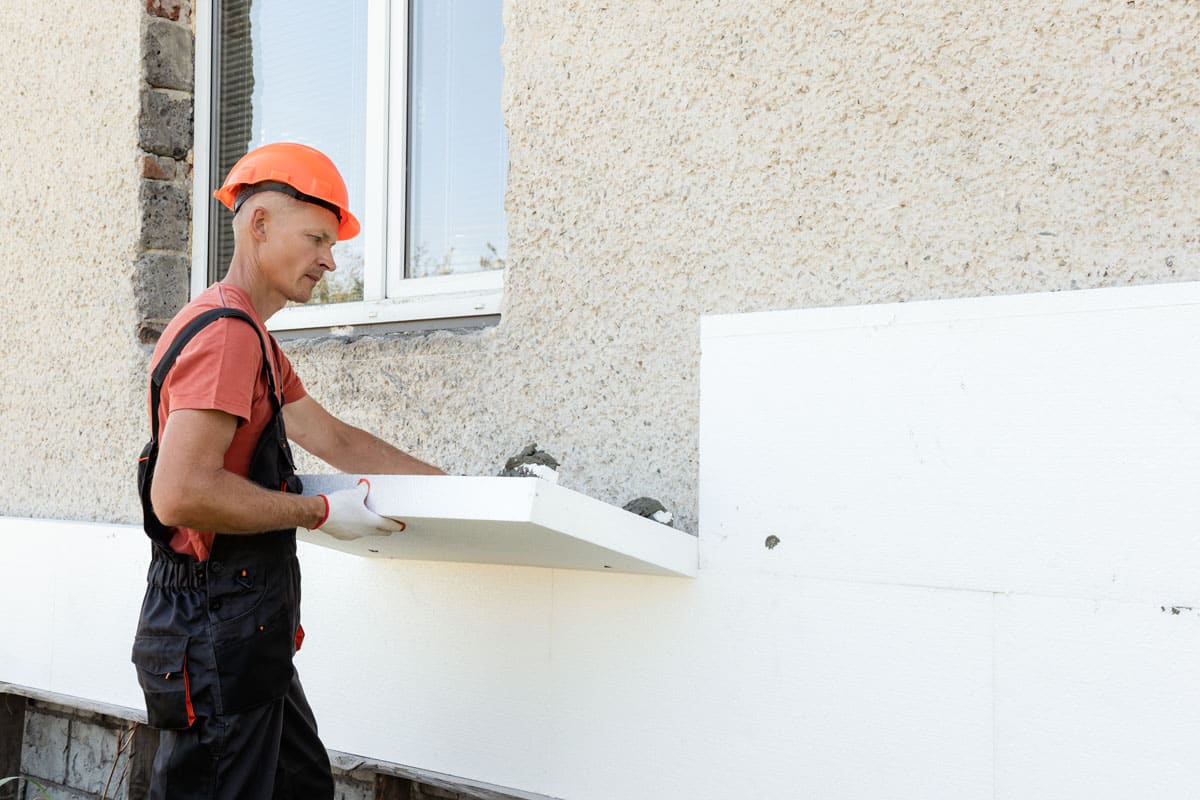
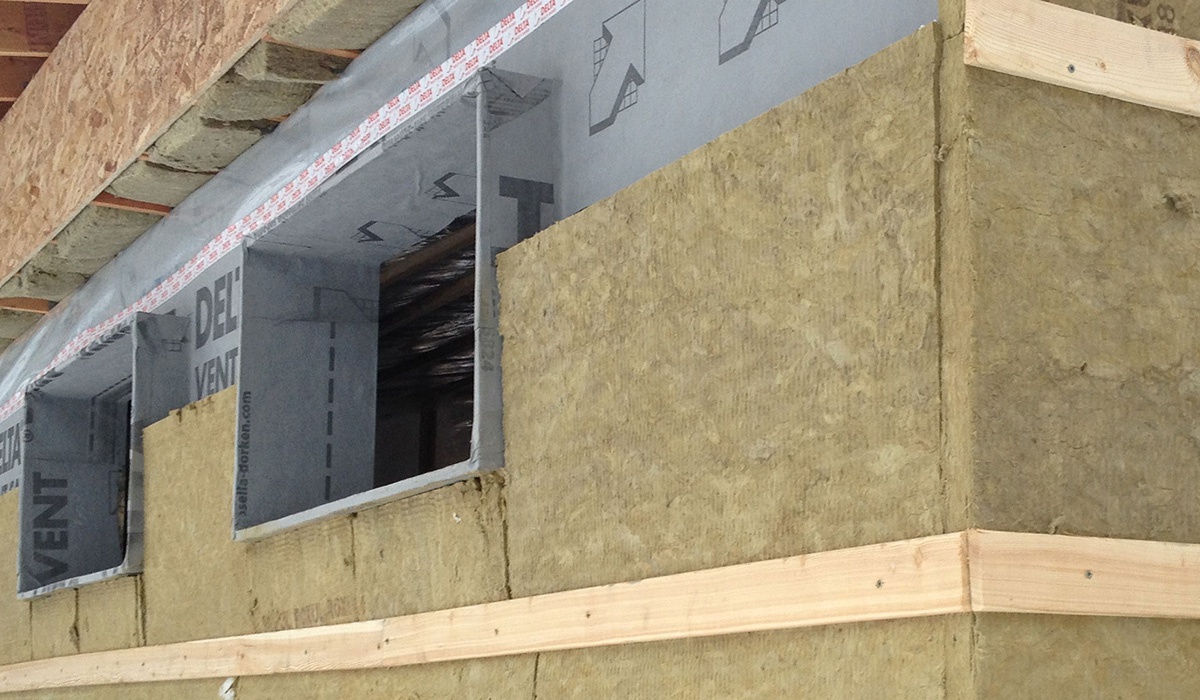
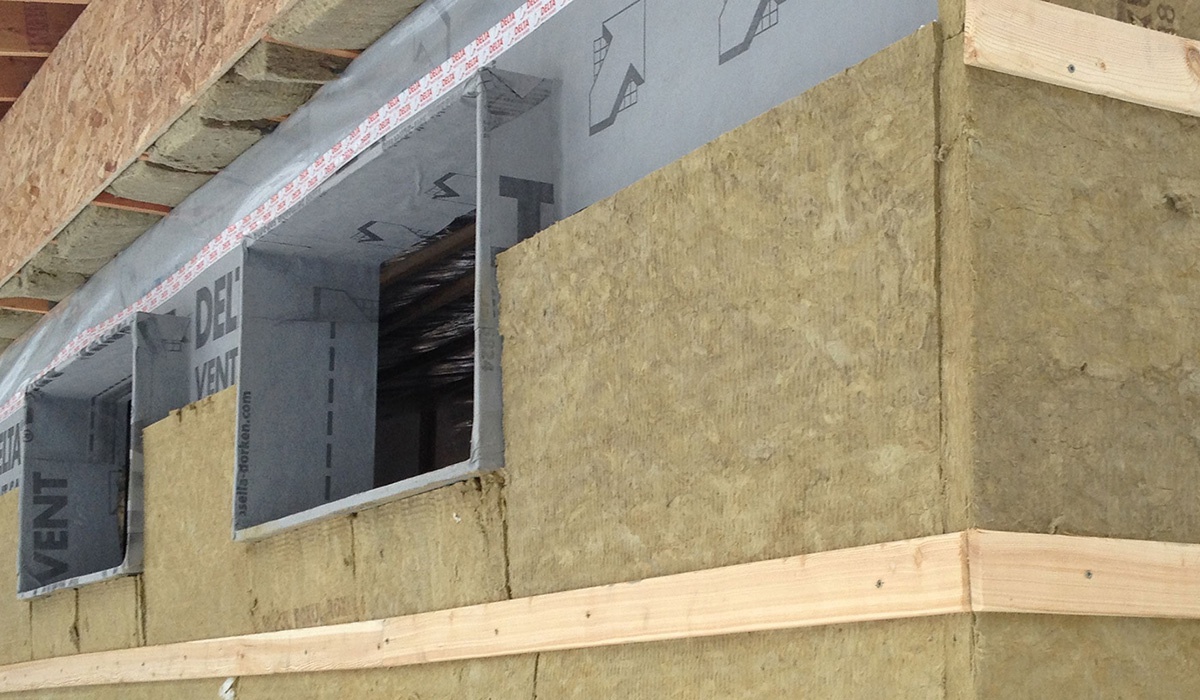
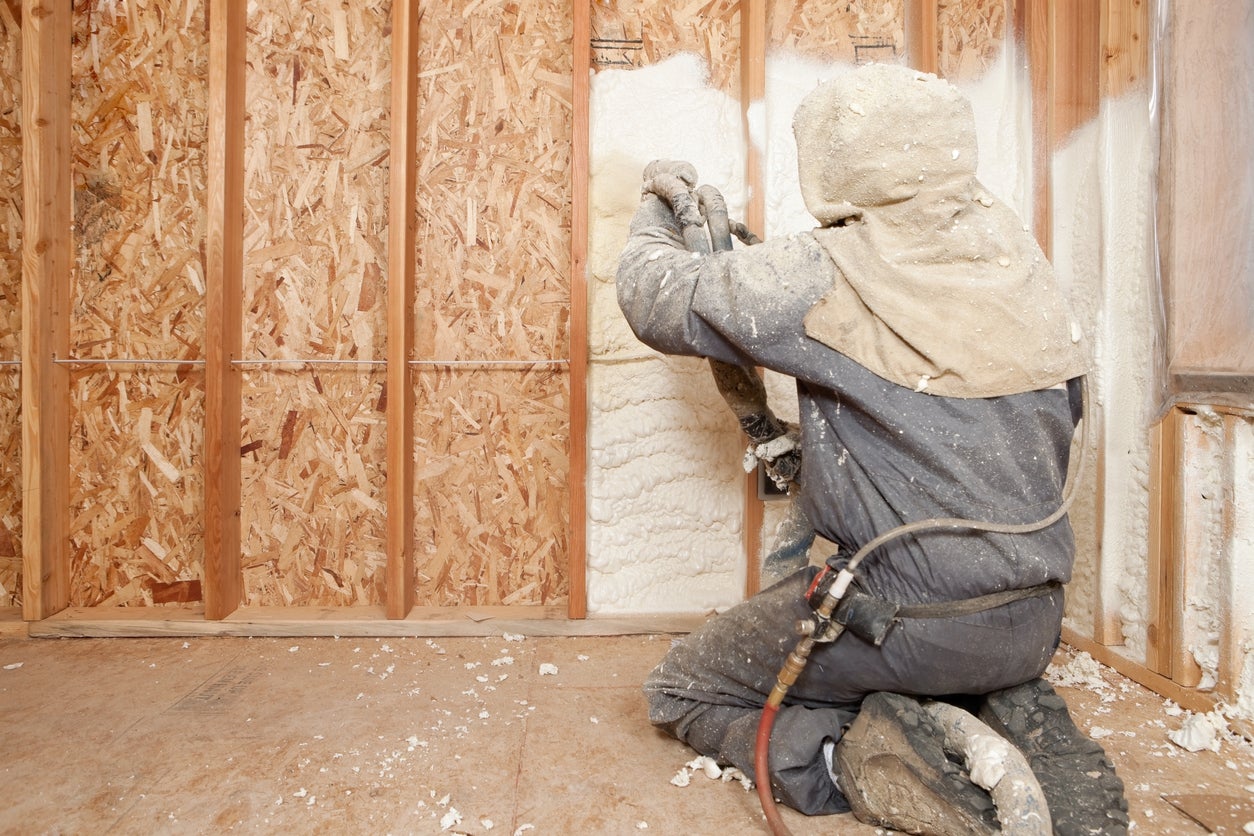
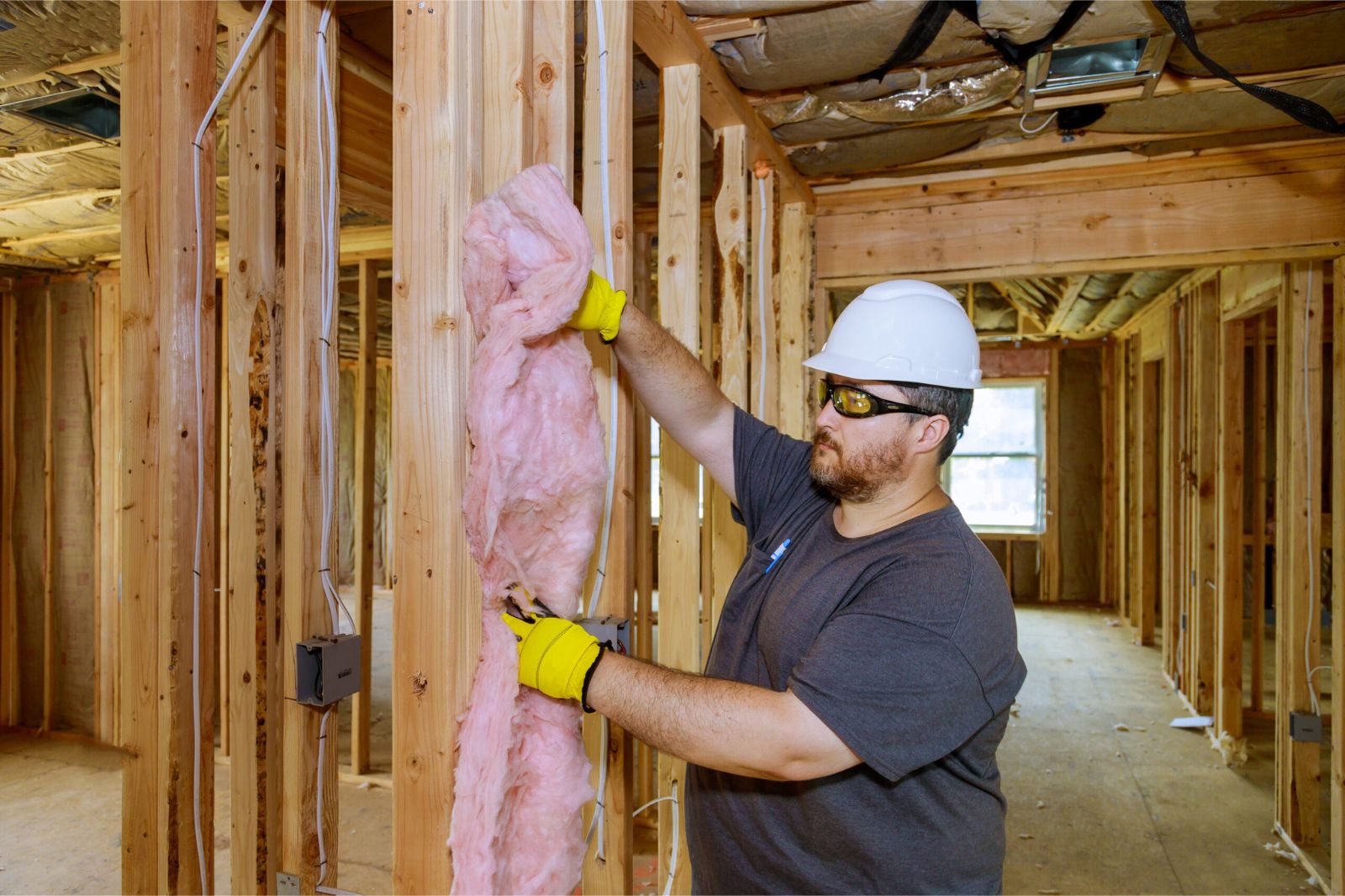
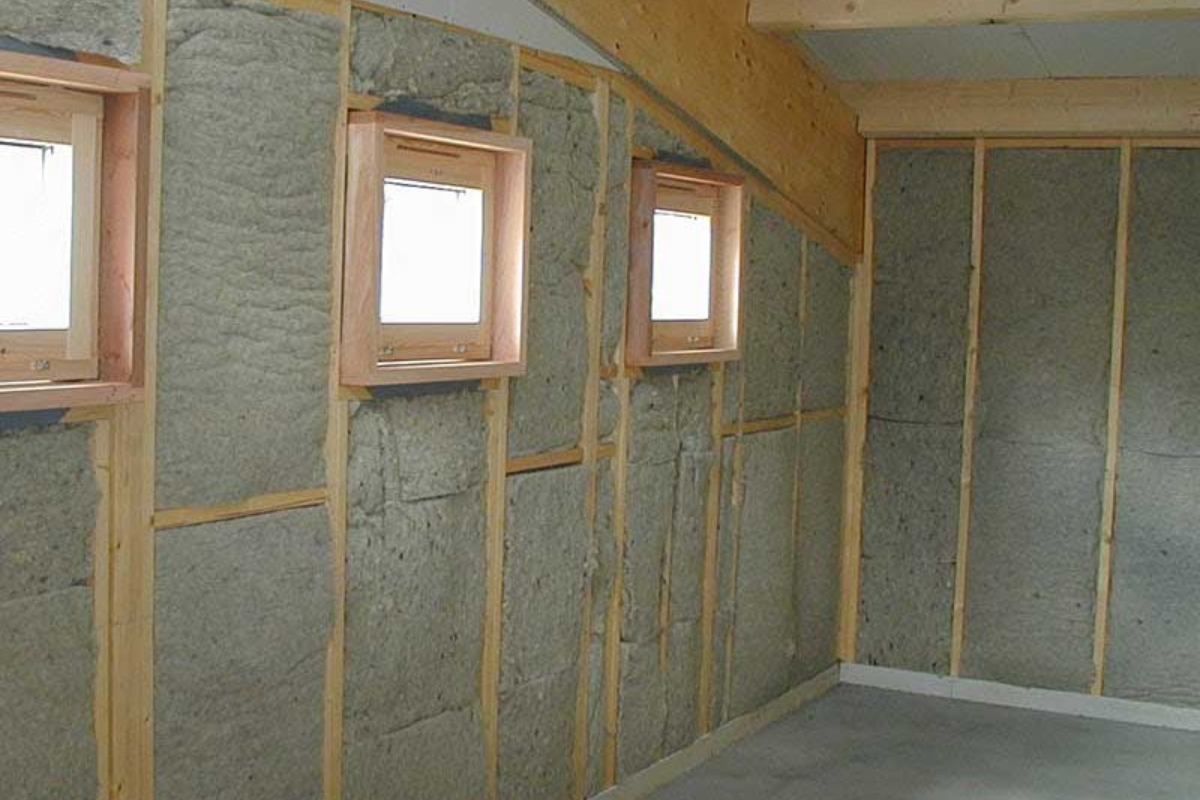
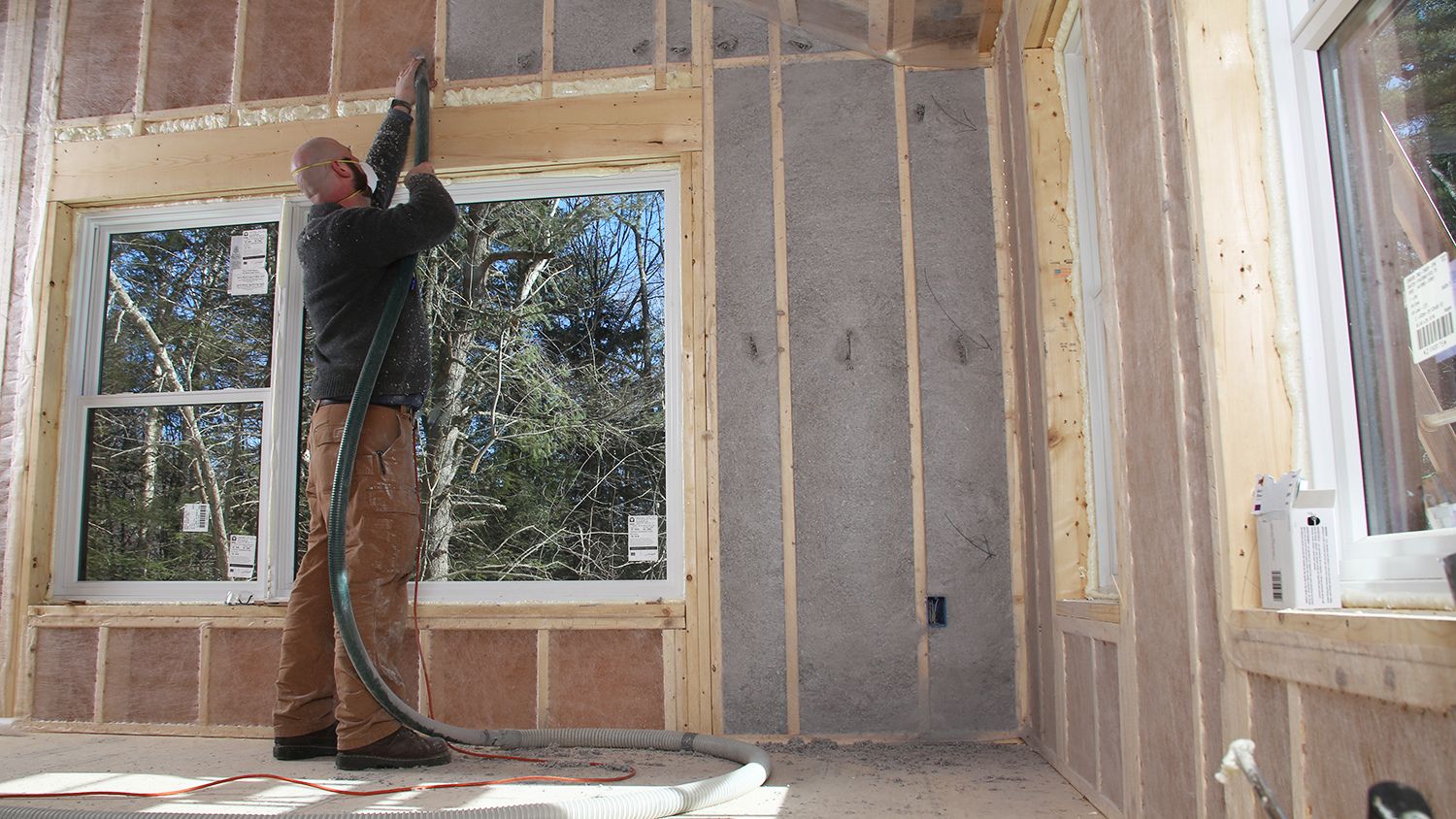
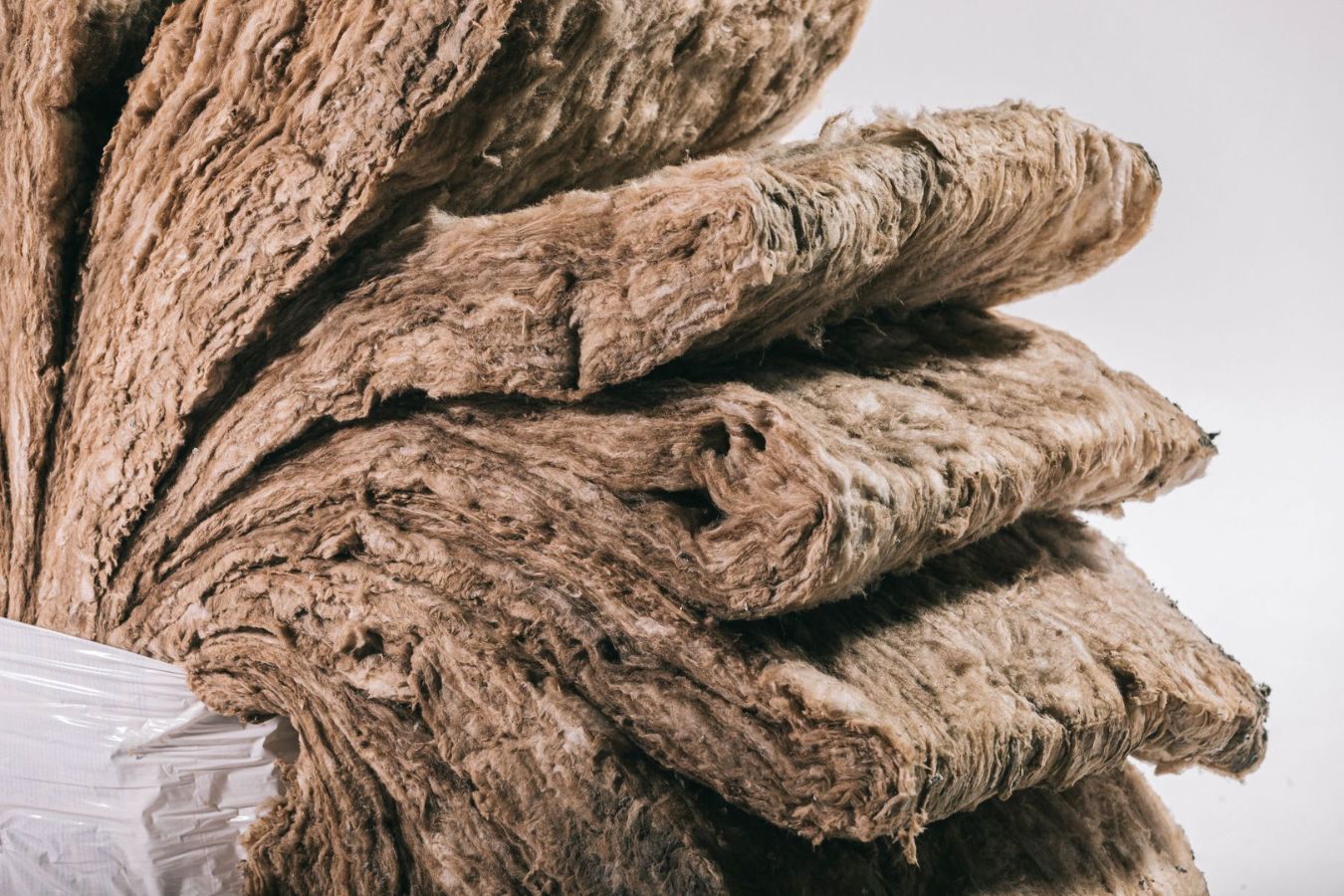
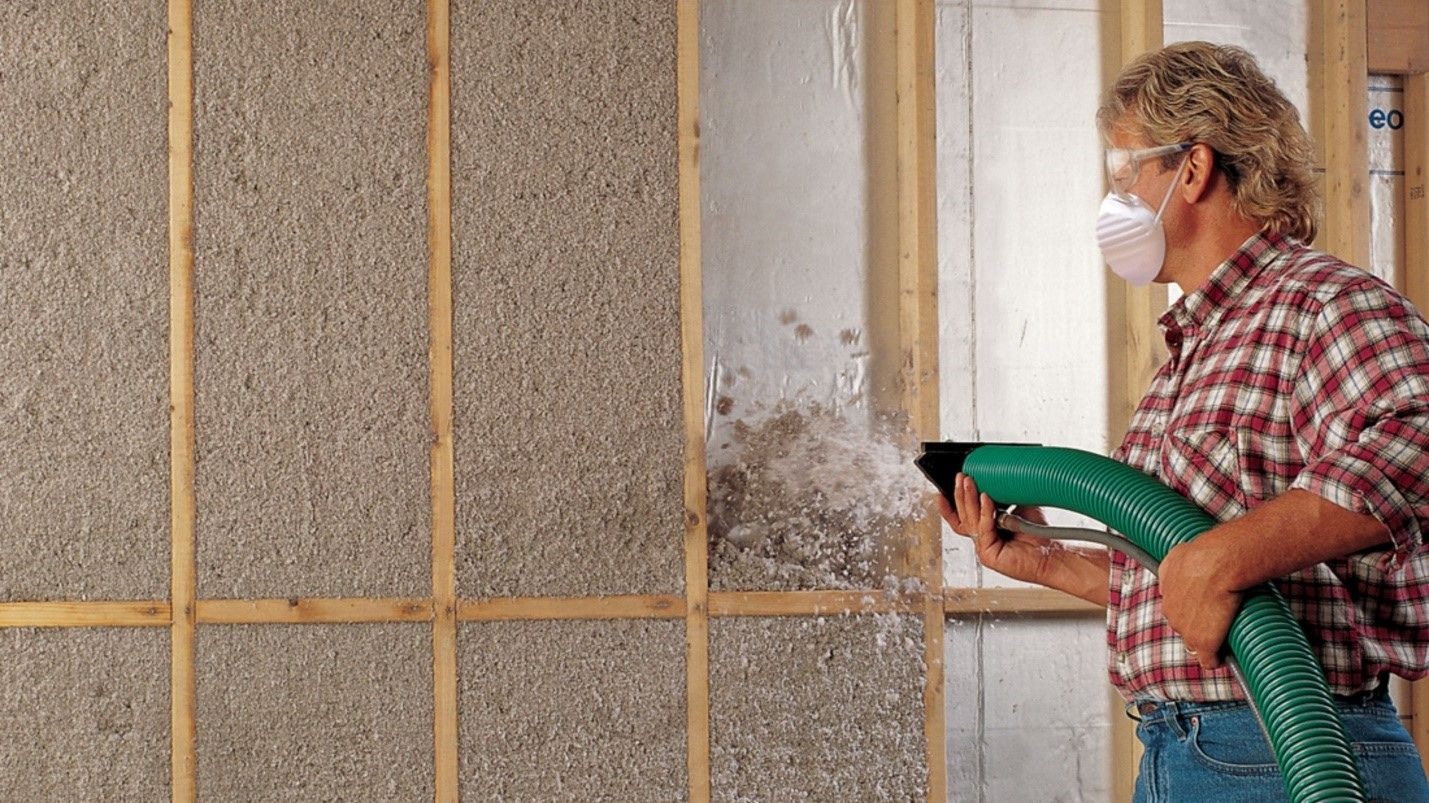
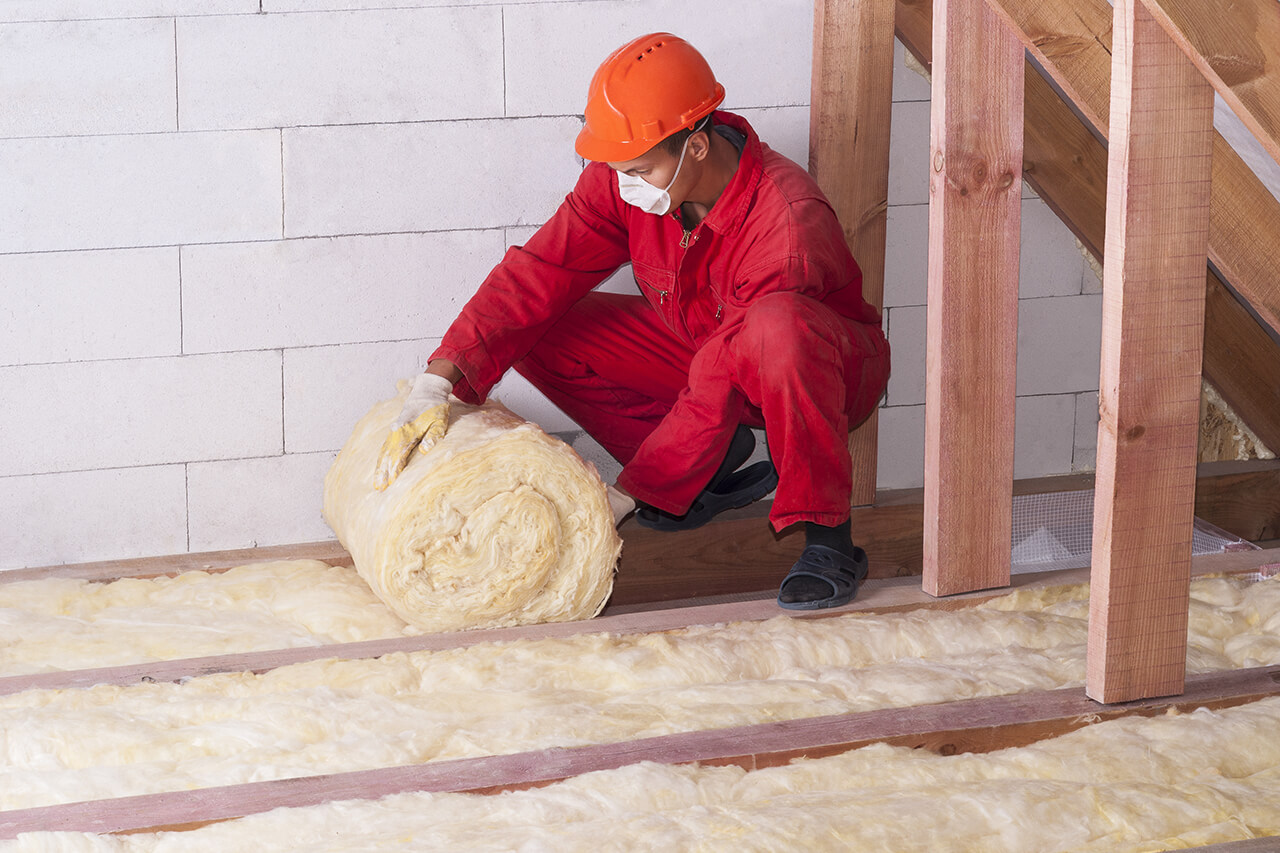
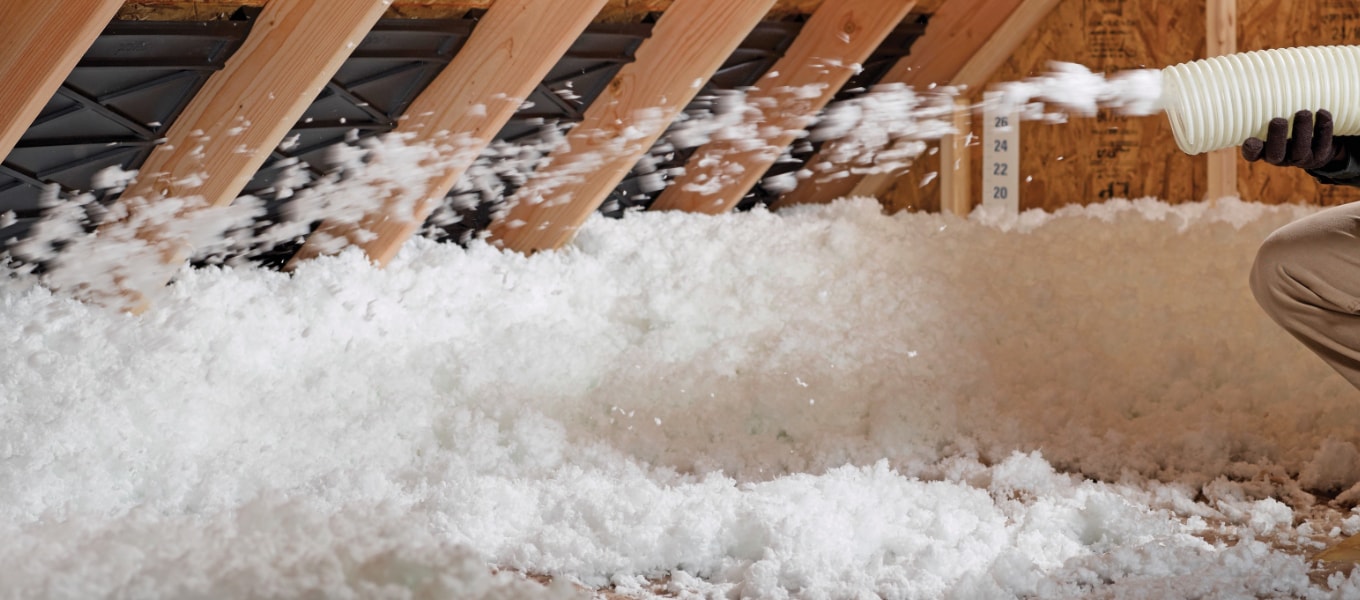
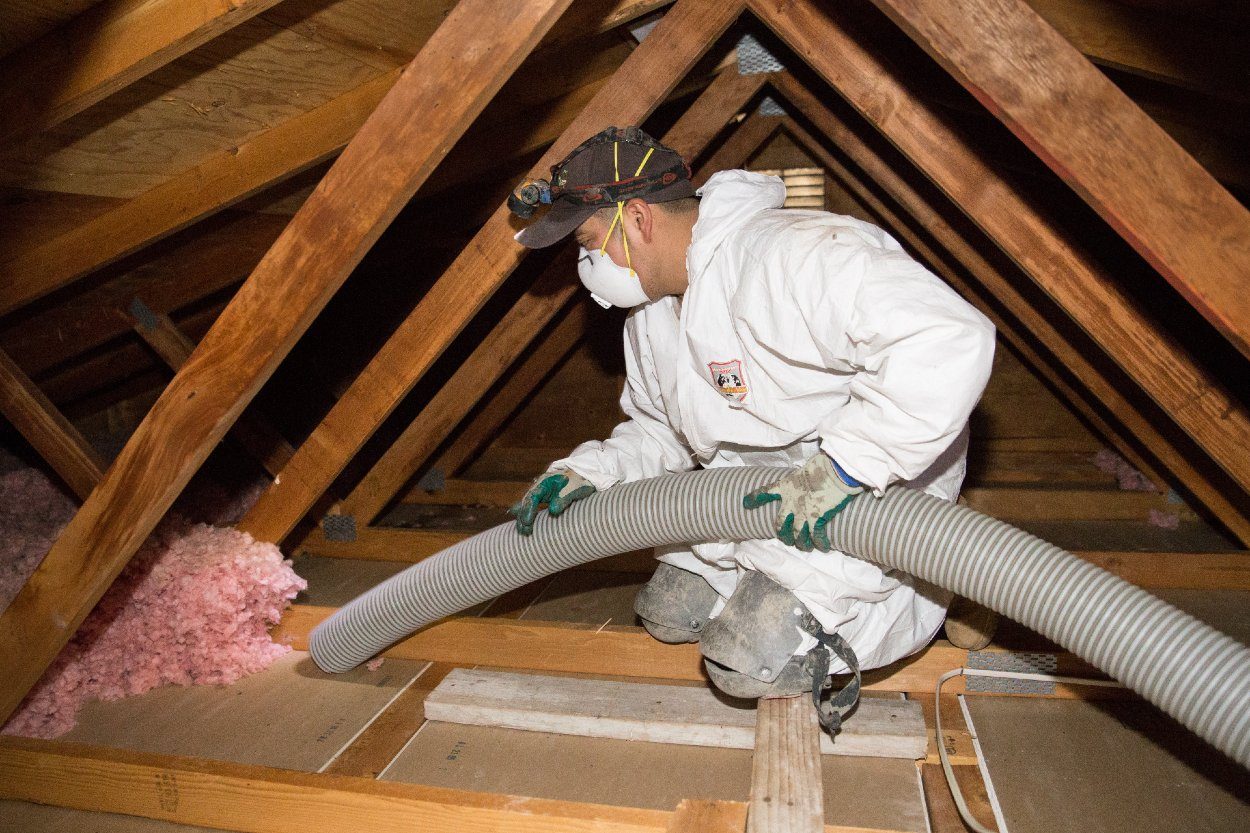
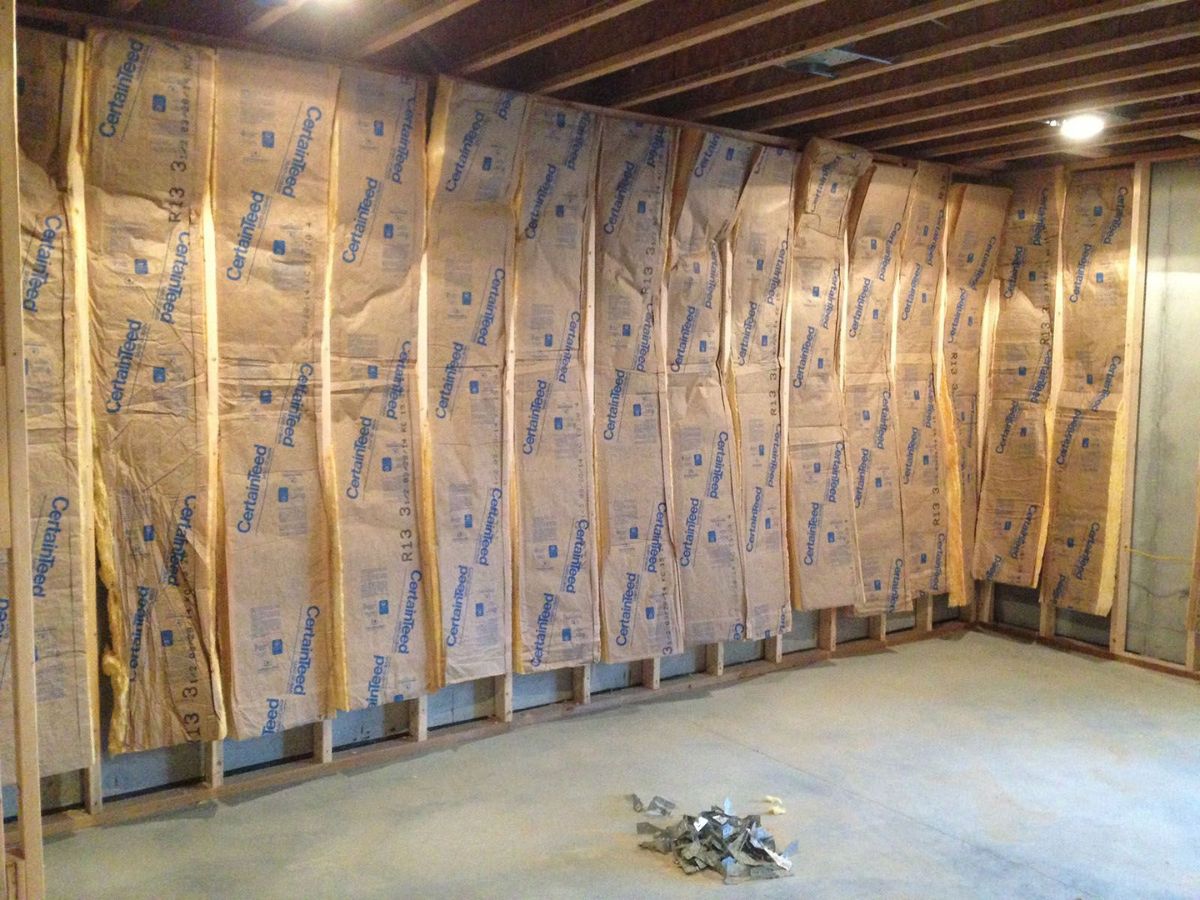

0 thoughts on “How Much Is Cavity Wall Insulation”